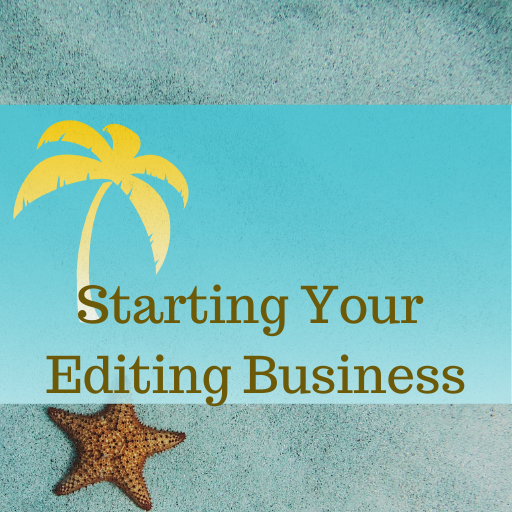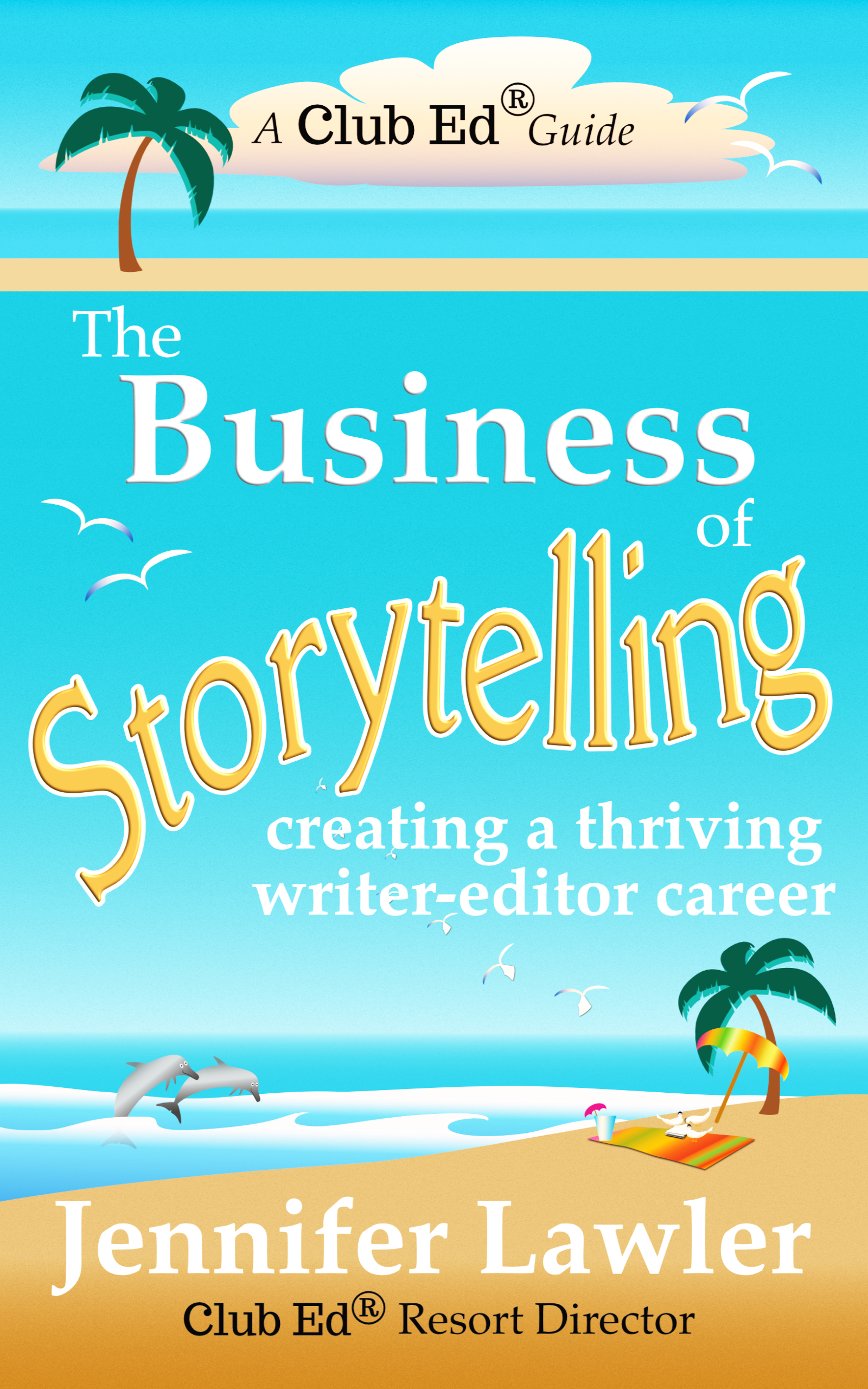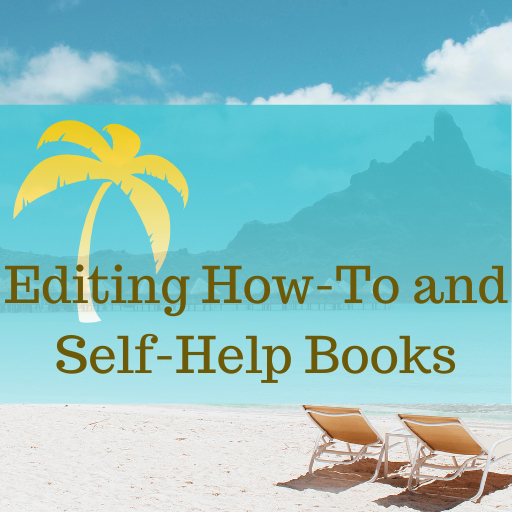Accident-Proof Your Business
A close call on the highway got me thinking about all the ways freelance editors can accident-proof your business.
How to Accident-Proof Your Business
A couple of weeks ago, the steering column on my car broke as I was driving down the highway! Fortunately, it was the 405, so I was only going about two miles an hour when it happened.
(We are safe.)
After I got through shrieking, “WTF! WTF!” and piloting us to safety, I thought about how I was very glad I had my seatbelt on.
Unexpected things happen in business, too. In June and July, the Club Ed website crashed several different times.
This was, uh, stressful.
But it was not the disaster it might have been. Here are some tips for surviving the unexpected with only a few bumps and bruises.
1. Plan what you can ahead of time. I always wear a seatbelt even for short drives. If there had been an accident, the seatbelt would have helped prevent injury. In terms of using this tactic to accident-proof your business, I suggest planning ahead financially. For example, I have an emergency savings account for things like car repairs. I don’t know when I’m going to need it, but when I need it, I need it fast.
Likewise, I have a savings account that is my “Randomly bad business, probably in March” account. I don’t use it for anything but unexpected business downturns. I don’t use it to buy a new laptop or register for a conference; those are funded in other ways. This is just for random bad patches.

2. I let experience guide me. I’ve been driving for decades (which is mildly upsetting if I think too hard about it), but it means I’ve driven through tornadoes, snow storms, thunderstorms, ice storms, and once a sandstorm. I’ve been hit by other drivers, by a tire that blew off a big rig, by a small landslide (mountains, what can you do), and once by a large angry bird, who shook it off but not without first shitting on my car.
So, while I wasn’t pleased with the steering column situation, it didn’t rattle me too much (especially since stuff like this makes great fodder for blog posts).
Similarly, when work dries up, or I encounter other problems, I have a lot of experience to help guide me and to keep me from panicking.
If you don’t have experience, you could talk with someone who does and could help you gain some perspective. Sometimes, everyone’s work dries up for no apparent reason. Maybe Scorpio is on Mars or something. Or maybe you quit marketing when you were busy and now . . . nothing (this is very common!).
More experienced colleagues can help you weather the storm. But those are connections you have to make ahead of time. You build them before you need them.
3. Give yourself some grace. An unexpected problem can rattle you and lead to bad decisions. In the steering wheel situation, I didn’t try to do anything important for an hour or so once I’d gotten the car safely off the road. I went to lunch with my daughter (we walked) and let all that adrenaline calm down a bit.
Similarly, a downturn in business, a bad review, an upset client—these are all situations where if we act too quickly, we can make a bad problem worse. Sometimes, we do things for short-term gain (for example, to perk up business) that are bad for the business in the long term (taking on too many low-paying projects). Or maybe we clap right back at that angry client, and now they are on fire and spewing criticism everywhere.
Practice taking a little time to plan out a solution to challenging situations. Then when you’re in the middle of one, you’re more likely to respond effectively.
Tips for Editors & Writers
The Fine Art of Copyediting Fiction
When copyediting fiction, it’s common to run up against issues that pit author preference against standard editing approaches. For example, in a story I wrote some years ago, the main character’s neighbor is referred to as “3-B” as that is her apartment number and the MC doesn’t know her name. Fine. She can be referred…
Let the manuscript teach you how to edit it
One of the lessons I’ve learned over many years of editing is that you have to let the manuscript teach you how to edit it. Every manuscript is different and every manuscript needs a different touch. Even when an author does something I’ve seen many times before, I have to edit for that particular manuscript,…
Helping Authors Strengthen Story Settings
The setting of a novel consists of multiple elements, big and small, that nest inside each other like those little Russian dolls. We might show this hierarchy of settings like so: If you think about it, the micro setting of “the living room of 601 San Mateo Road Apartment 16” implies the existence of all…
Join the Club!
New to story editing? Begin at the beginning.






